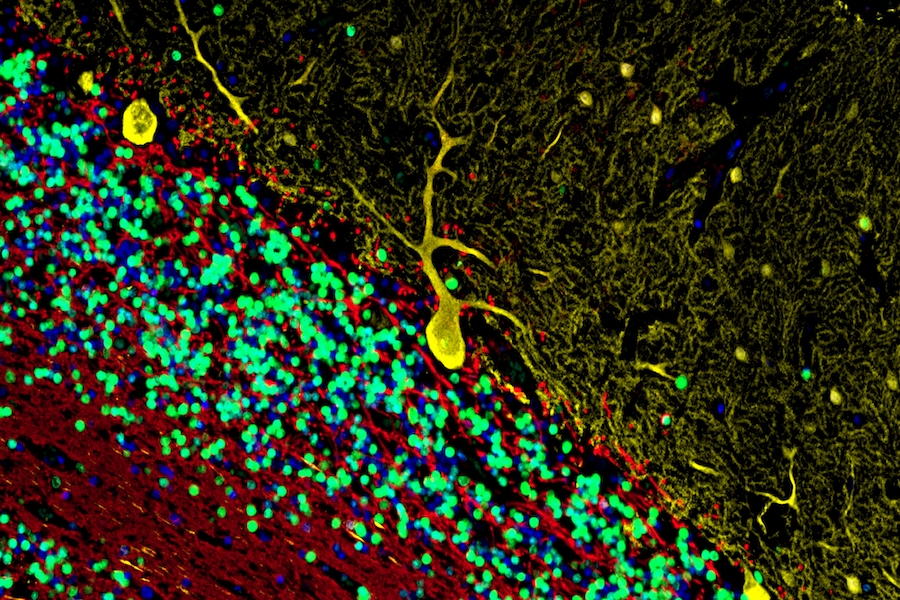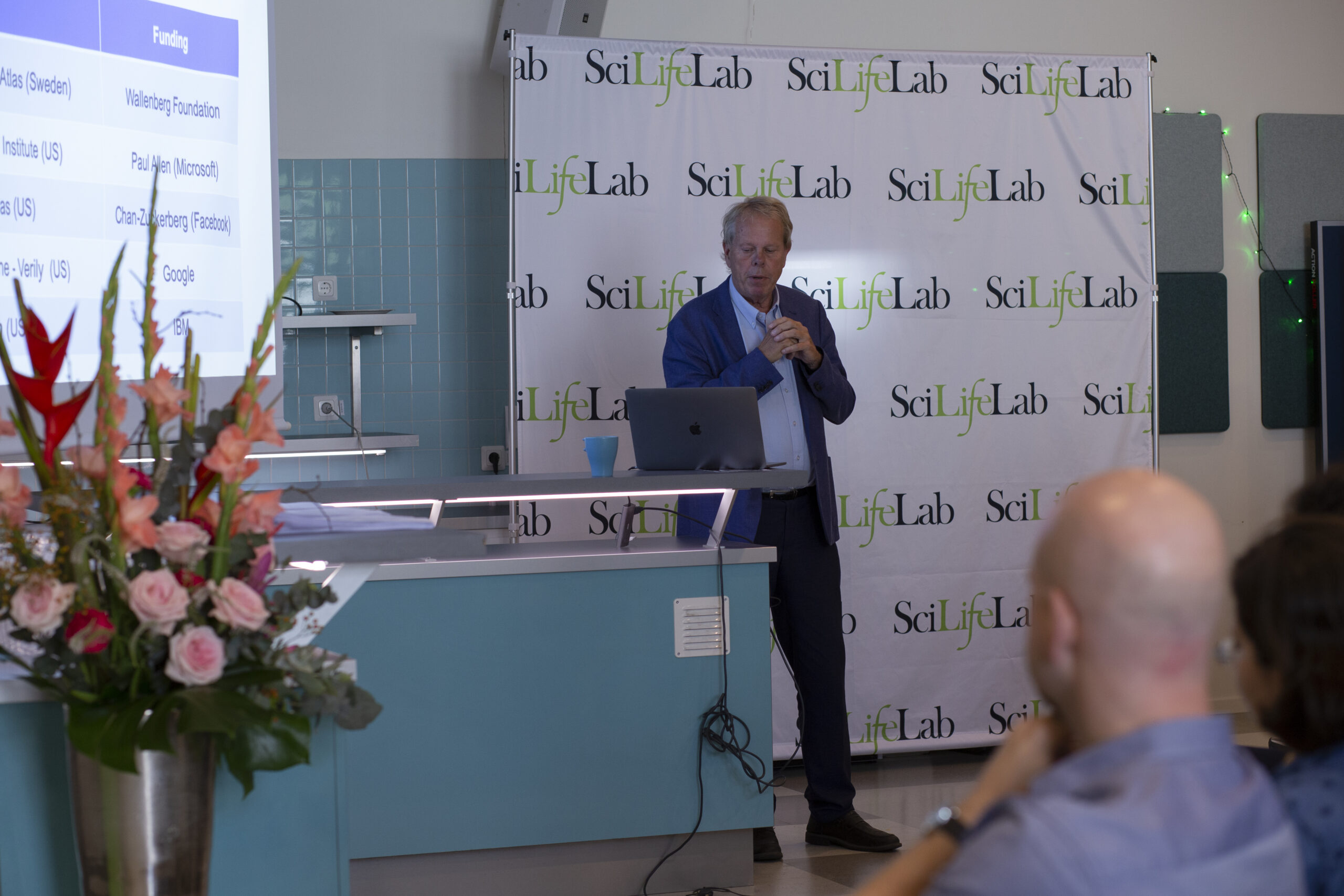Unique blood, brain and metabolism protein atlases launched
Three new databases describing all proteins within human metabolism, blood and brain are now launched as part of The Human Protein Atlas – a SciLifeLab Research Community Program. The new open access atlases provide unique resources for the study of human biology and for researchers developing new treatments.
Yesterday, on September 5, The Human Protein Atlas made three new sections of their online database available. You can now browse all proteins of blood, brain and metabolism – no password required. The release event took place at SciLifeLab Campus Solna, a main location of research within Human Protein Atlas initiative.
In the new Blood Atlas, proteins in human blood cell types are described together with a comprehensive analysis of all proteins predicted to be secreted from human cells. This is particularly useful in immune-based research, as well as when developing treatments for oncology and autoimmune diseases. One surprising discovery of the Blood Atlas is that the human secretome, i.e. all proteins that have been secreted by cells, was smaller than previously thought.
The Brain Atlas includes 1,710 human brain samples, 119 pig brain samples and 67 mouse brain samples – that together provide insights into human brain biology and disease. The new database allows interactive search functions and summarizes the gene expression in multiple brain regions.
Interactive maps allow users to visually navigate human metabolism at the level of entire cellular compartments or individual metabolic pathways, in the new Metabolic Atlas. The database includes the most extensive mapping of human metabolism to date, with biochemical information and connectivity for more than 13,000 reactions, 4,000 unique compounds, and 3,500 genes. Visualization of tissue-specific differences in metabolic gene expression is also possible.
“I am excited about the launch of the Metabolic Atlas as it will be an important platform for future analysis of how human metabolism is changing during disease development, and hereby it can enable identification of novel biomarkers and drug targets”, says Professor Jens Nielsen, who leads the metabolism project together with the Human Protein Atlas, in the press release.
During the release event, Professor Mathias Uhlén, Director of the Human Protein Atlas program, highlighted the collaborative nature of the Human Protein Atlas, which is also one of SciLifeLab’s Research Community Programs.
“The Human Protein Atlas has not been not created by one large research entity, but is rather a joint effort by several smaller research groups”, says Mathias Uhlén. “The magic is to work together towards a common goal.”
The Human Protein Atlas is a program based at SciLifeLab that started in 2003 with the aim to map all the human proteins in cells, tissues and organs using integration of various omics technologies, including antibody-based imaging, mass spectrometry-based proteomics, transcriptomics and systems biology. All the data in the knowledge resource is open access to allow scientists both in academia and industry to freely access the data for exploration of the human proteome. The Human Protein Atlas program has already contributed to several thousands of publications in the field of human biology and disease and it has been selected by the organization ELIXIR (www.elixir-europe.org) as a European core resource due to its fundamental importance for a wider life science community. The HPA consortium is funded by the Knut and Alice Wallenberg Foundation.








